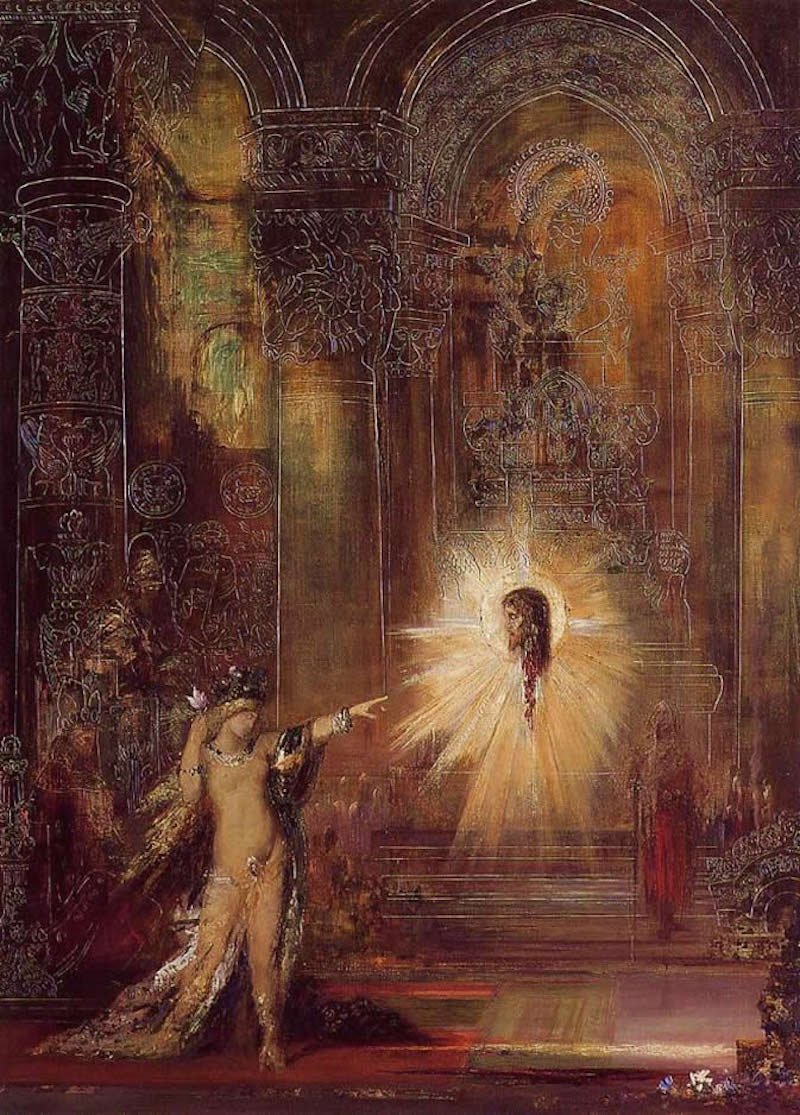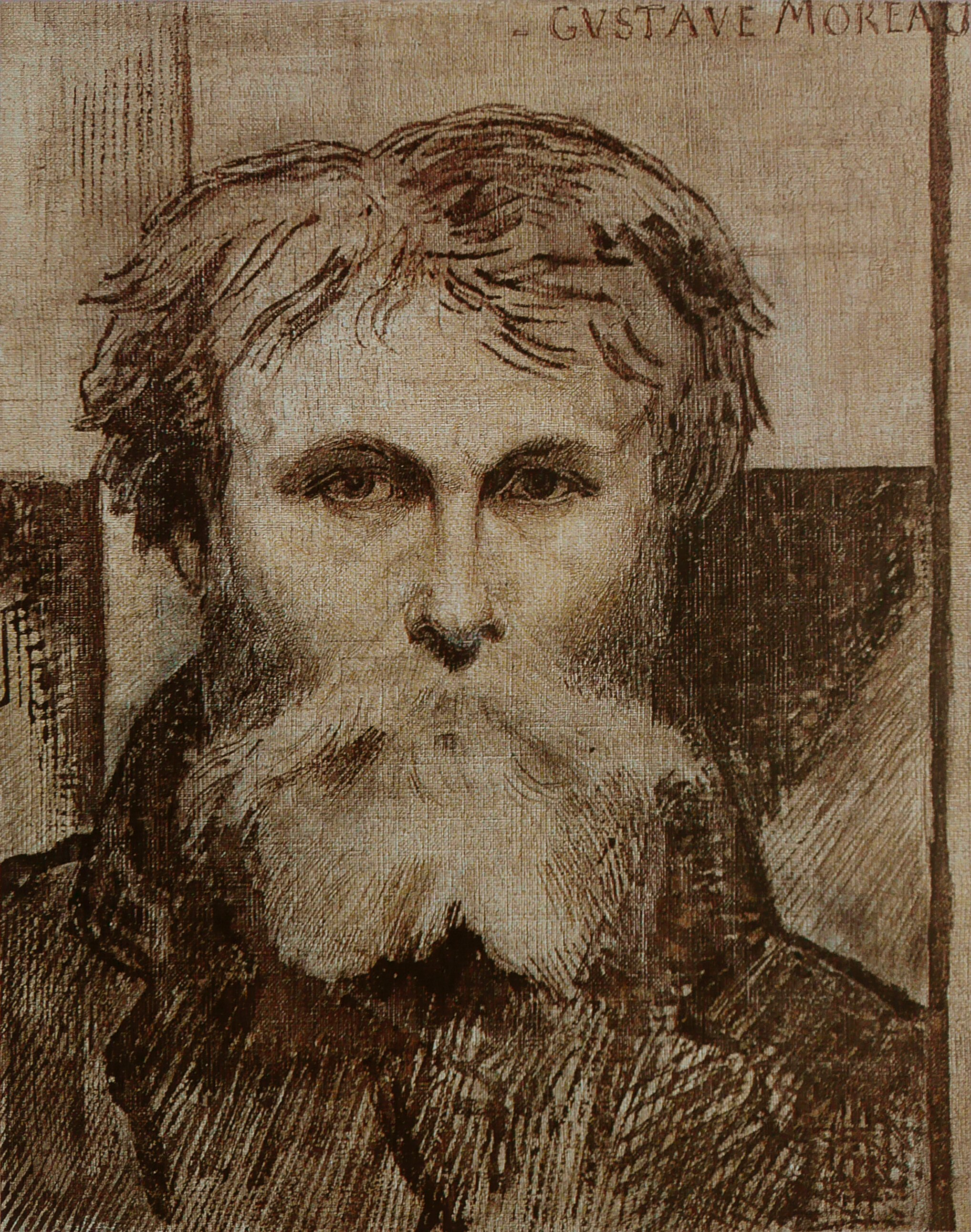



The Apparition
watercolour • 106 x 72,2 cm
On the previous Wednesday Thoughts on Art we were left wondering with a perspective: could Art define itself, and stand alone, without the need to be set by exterior factors to the piece, such as utility, moral, a message…
This will to free Art from whatever else gave, in the early 19th century, rise to the expression “l'art pour l’art” - Art for art's sake. This proclamation is originally associated with Théophile Gautier, although the core idea had been primary elaborated by late romantics, such as Poe - and Baudelaire, a translator and great admirer of this romantic writer, diffused through the european bohemian circle this ideal of independence and sufficiency, that so well served the free spirited motto. Thus, the moral crisis emerged with the industrial revolution and the modern urban life, had found the moral neutrality and lack of prejudice to approach whatever the theme, in the vastest range of style - now art could pursuit its own justifications, and nettle a subversive culture.
This literary paradigm shift soon would influence painting, and didn’t take long for James McNeill Whistler (previous Wednesday painter) to affirm: “Art should be independent of all claptrap – should stand alone” and even do defend that art “should appeal to the artistic sense of eye or ear, without confounding this with emotions entirely foreign to it, as devotion, pity, love, patriotism and the like.” Oscar Wilde, initially a friend and latter a rival of Whistler, usually seen as the apotheosis of this aesthetic and decadent movement, also stated that “Art never expresses anything but itself”.
This perspective isolates art in a realm of its own. Wilde puts it this way - “There is no such thing as a moral or an immoral book. Books are well written, or badly written. That is all” - if we look at “books” in this statement in a broader way, as to comprehend all art, would you agree with the affirmation?
Artur Deus Dionisio
 Gustave Moreau
Gustave Moreau